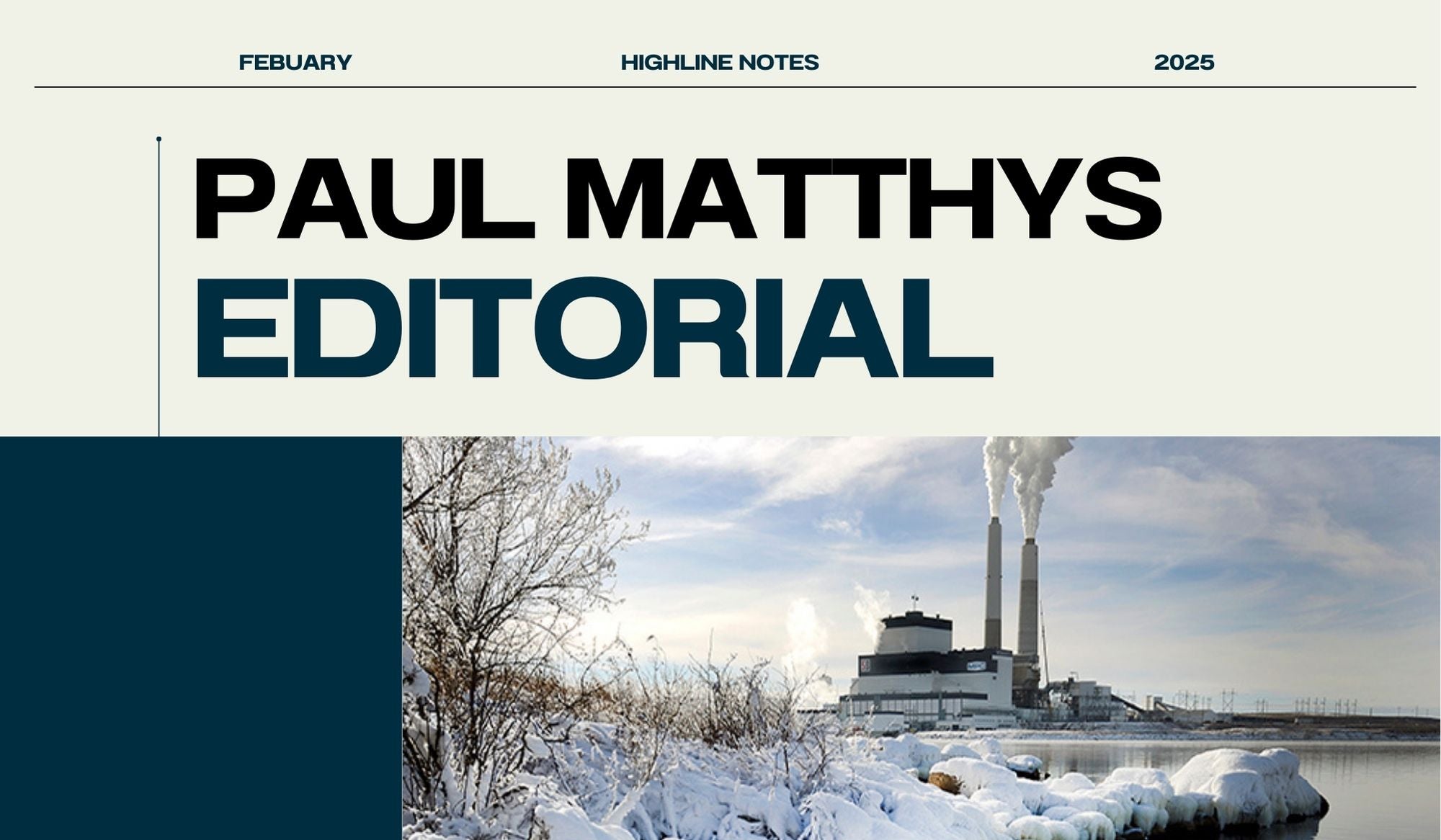We're hiring! Check out our opportunities on our careers page!
Our Office: 4100 32nd Ave. S. Fargo, ND 58104
Our Office: 4100 32nd Ave. S. Fargo, ND 58104

Colder temperatures are taking hold across the nation, which is typical for this time of the year. As you know, the demand for energy rises when the temperature falls. We are well-prepared for the extreme cold and have adequate resources to supply our members with the energy they need. During times of extreme cold weather patterns, we rely on our wholesale power provider, Minnkota Power Cooperative, to supply power to us and the other cooperative families in eastern North Dakota and northwestern Minnesota.
Minnkota has a diverse energy supply portfolio with 34% wind (nameplate), 7% hydroelectric, 2% other (market purchases), and 57% from baseload lignite coal. We rely on our baseload resources during extreme cold or hot weather to keep the heat and lights on. We also utilize a robust demand response (off-peak) system to help manage and balance our power supply needs and wholesale energy market purchases. CCEC is about a 270-megawatt (MW) system at peak, and with this demand response system, we can shed or curtail around 45 MW of our system load in the summer and 75 MW in the winter. Minnkota uses some of these control periods, called full load control (also known as red zone), for billing purposes and to avoid high-priced market purchases. For example, if we experience an extremely cold weather pattern, and our load exceeds our power supply resources, we can utilize our demand response system (control load) to avoid expensive market purchases. For participating in CCEC’s voluntary demand response (off-peak) programs, members receive a discounted electric rate for qualifying systems. If you have questions or are interested in participating in the program, please call and ask for our energy services team.
Looking at the bigger picture, I will discuss how the North American Electric Reliability Corporation (NERC) continues to sound the alarm on reliability. Much of the country, including the Upper Great Plains, faces an increasing risk of energy shortfalls over the next 10 years under normal and extreme weather conditions, according to NERC’s 2024 Long-Term Reliability Assessment (released on 1/2/2025).
The report's key details indicate that most of North America will face reliability challenges as the demand for electricity increases and baseload power supply resources (e.g., coal, natural gas, and nuclear) continue to go offline. As we see early retirements of baseload resources, most new-generation resources are intermittent (wind and solar). Our country's areas with the most significant risk are in the Midcontinent Independent System Operator region, where we (Minnkota) participate.
NERC’s report directly points to the need for pro-energy policies and prioritizes reliability and affordability for American families, farms, and businesses. Jim Matheson, National Rural Electric Cooperative Association CEO, is working with NERC and urging them to prioritize these efforts on behalf of the nation’s cooperative members. “We urge President Trump and congressional leaders to prioritize reliability right out of the gate before it’s too late," he said.
We will continue promoting pro-energy policies through our state legislators, local Chambers of Commerce, elected officials, and federal delegates. We will continue to preserve and maintain our baseload power supply resources, harden our systems, and strive for 100% reliability, all while keeping electricity rates stable and affordable. I also encourage you to support pro-energy policies and to let your voice be heard by your elected officials.